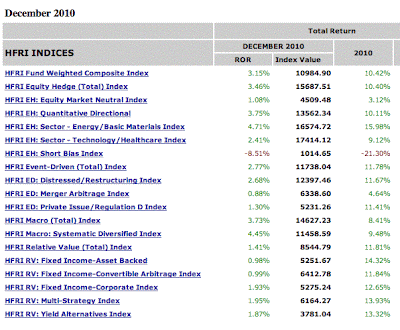
If you think it is not important to go to a good university then read this first. Some PF Bloggers recommend to just go to a cheap school.
There are some caveats though. I commented recently on Enoughwealth's post on high schools saying that if you are going to go to university then mostly it doesn't make sense to pay a lot of money to go to the most prestigious high school. But you do need to go to a good one. One that could get you into University of Sydney or UNSW in the Australian case or into one of the top US universities (any of those mentioned in this article). If you definitely plan on going to grad school then it's not necessary to get into the top US universities as an undergrad if it means shelling out big fees. But you do want to go to a good school. Somewhere like UCLA or NYU or Boston University or even Ohio State (Columbus campus). If you do well in places like that you can have a shot at top grad schools. But if you get an undergrad degree from Southern Cross U. or UCQ in Australia say or Cal State U. or somewhere in the US it will be a struggle to get into a good grad school. Likely they will just toss your application unless there is some compelling evidence of your brilliance. And if you get a grad degree from some low ranked university it might not help your employment prospects much at all.
Of course, all this depends on how ambitious you are. I didn't really understand the game fully when I was a student. I knew you needed to go to good universities and went to three good universities. The first two were top-ranked in their country. The third one was good but not in the top-rank. Now I regret somewhat * not trying for the top-ranked place that one of my professors at school #2 suggested. I just thought there was no way they'd consider me or give me any funding. But I could have tried for $50 or whatever the application fee was back then.
I had a job interview on Friday. The head of the department said to me: "I don't know why anyone would come do a PhD here if they could go to that other university across town". I agree with him on that. In economics at least, the name of the school matters.
* Only somewhat because if I had gone there (in the picture) rather than across the river I doubt I would have ever met Snork Maiden. And after all I have done pretty well in my academic career so far.
















